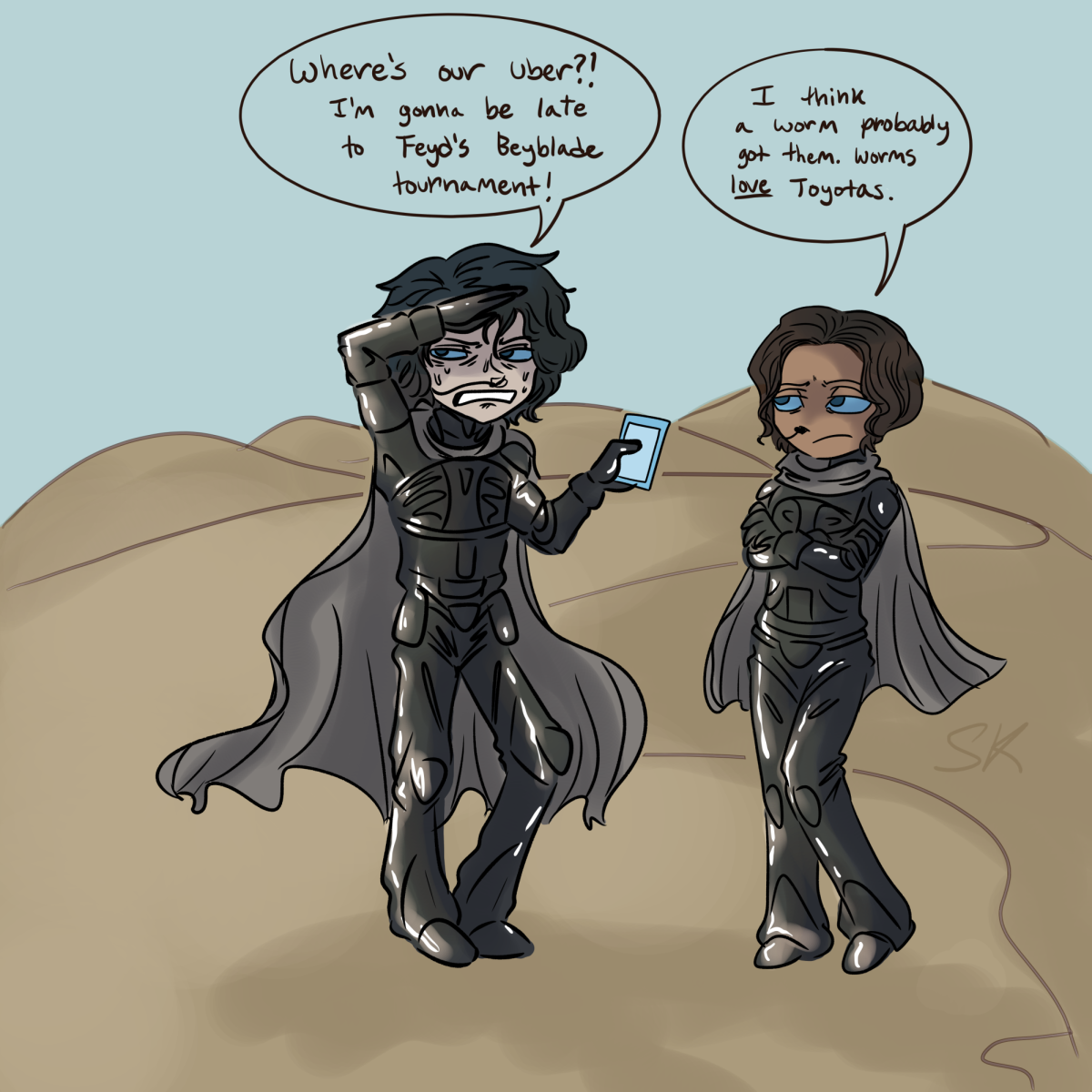A note of caution to easily offended readers: the following column contains a word that the FCC has decided is so heinous that even fleeting uses on network television are such an egregious violation of common decency that they must be dealt with swiftly and surely. That word is “fuck.”
Last week, the U.S. Supreme Court decided that it will hear a case involving so-called fleeting expletives. The case involves FCC enforcement decisions for the use of profanities during award shows last year. The incidents in question involve expletives used by Nicole Richie and Cher at Billboard Music Awards’ ceremonies in 2002 and 2003.
A lower court resolved the issue earlier this year when they ruled that the use of these fleeting expletives are protected speech which is allowed under the FCC’s regulations. This ruling upheld a 1975 ruling involving George Carlin’s “Seven Words You Can’t Say on Television.” In that case, the court ruled that a single use of a banned word is not enough to warrant FCC fines and sanctions.
The FCC followed the precedent set in the 1975 ruling until 2003, when it decided to enact rules against fleeting expletives after Bono used the phrase, “this is fucking brilliant” during an NBC broadcast of the Golden Globe Awards. The FCC ruled that the word always has a sexual meaning.
Fox appealed the case and a federal appeals court ruled that the FCC did not have the authority to deem live broadcast shows which included fleeting expletives as indecent.
All seemed pleasant until earlier this month, when the Bush Administration, worried that the 2nd Circuit Court’s ruling would overturn all censorship on network television, asked the Supreme Court to hear an appeal of the case presumably with the hope of overturning the ruling.
The reasoning given by the FCC and the Bush administration for the need to censor fleeting expletives is to protect the morality and supposedly virgin ears of America’s youth. This seems like a fair and legitimate reason to censor what many people feel is useless speech offering little to no value to society.
The rules, however, are enforced unequally. Thus far only award show receptions have been held to the FCC’s new standard of fleeting expletives. Sports figures who blurt out a quick expletive after a play, news shows who interview a war veteran who emotionally drops a swear word, and even President Bush himself allowing an errant cuss word to be picked up on open microphones have remained immune to the long burly arm of the FCC.
Exceptions to enforcement of indecency laws leads to the appearance that the FCC is picking and choosing when to enforce the rules and when not to. In no way is George Bush or a professional athlete using an expletive in an unnecessary situation more “legitimate” than when Cher or Bono uses the word in an unscripted situation at an awards show.
Another thing worth noting is that the FCC has no control over what is said on cable or satellite television – a medium which broadcasts into the majority of homes across America. Combining the number of children who have cable or satellite TV in their homes with the number who have access to the internet and it is safe to say a large number of people the FCC says need protection have easy access to the expletives.
To say that a T.V. station should have to pay huge fines for failing to regulate what a celebrity who is not under its control says is unreasonable. The network executives have little to no control over what a recipient of an award says during an acceptance speech than they have over a person being interviewed on a news show.
To punish a network for expletives aired by individuals not officially affiliated with the network creates a media climate where networks have to voluntarily stifle the speech of performers who receive awards or otherwise appear on live television.
If the Supreme Court is interested in preserving true freedom of speech in the media they will let a sleeping dog lie and agree with the district court that networks can not be held liable for these fleeting expletives. To overturn the ruling will create a climate of fear among networks and lead to possible curtailing of political or artistic messages because of potential fines.
I have two harsh words for the FCC on how they should deal with television networks who air fleeting expletives…
Butt out.























